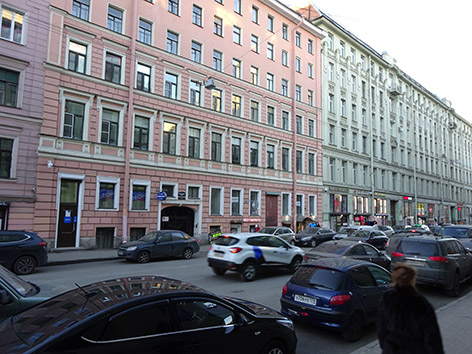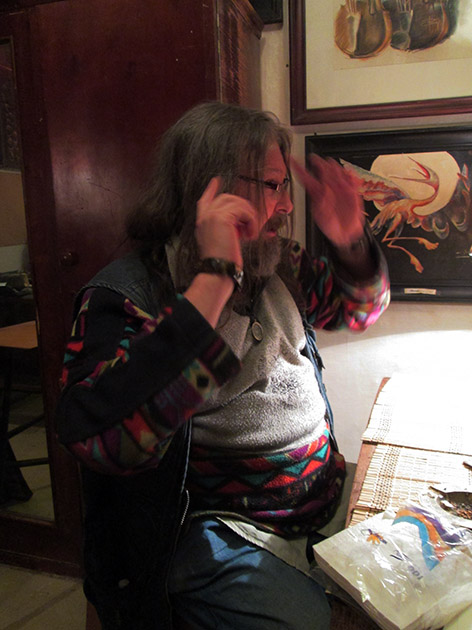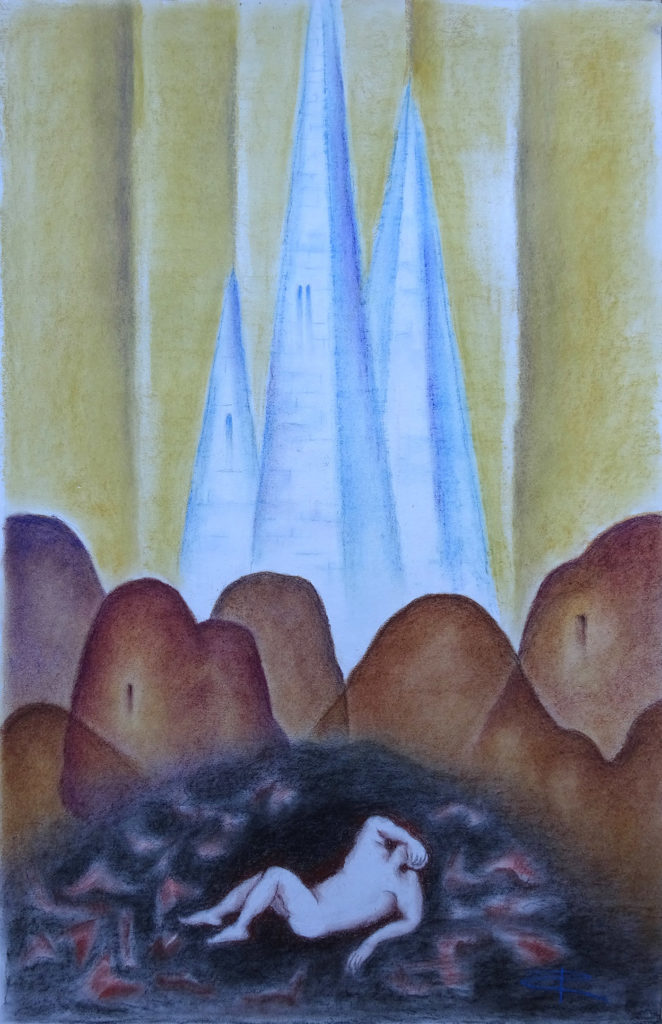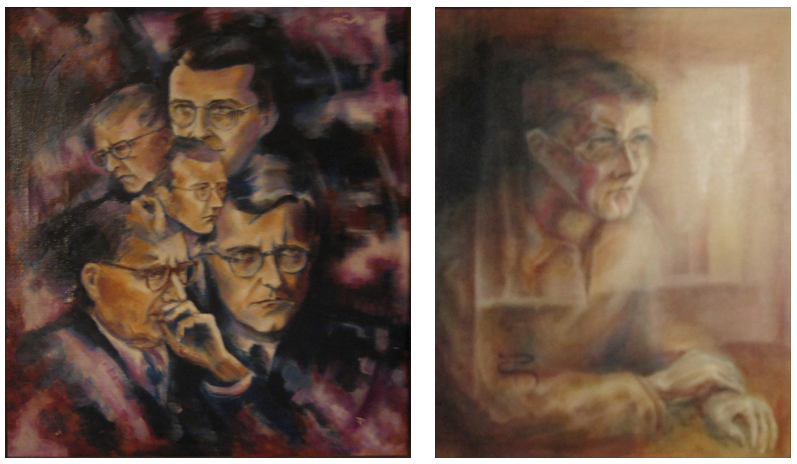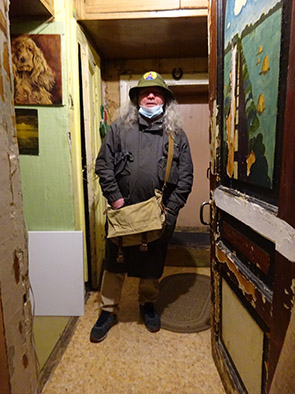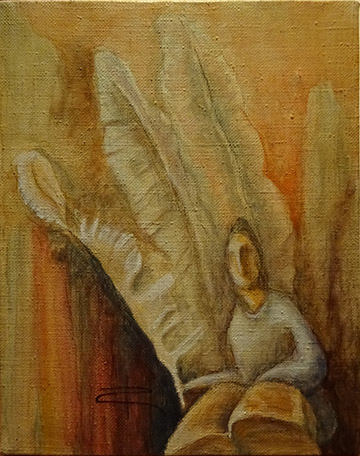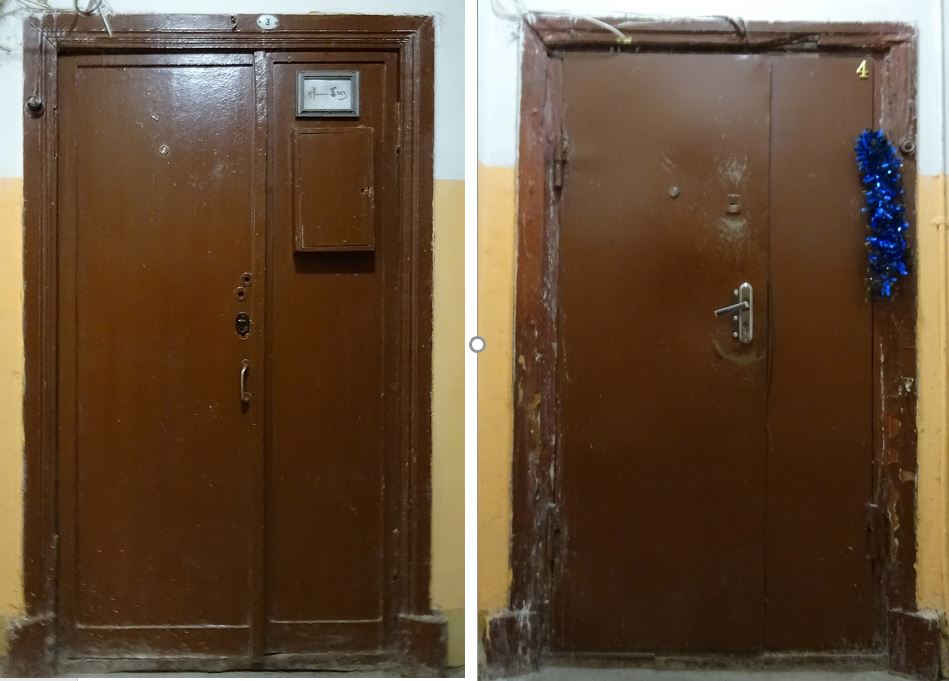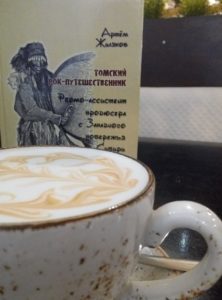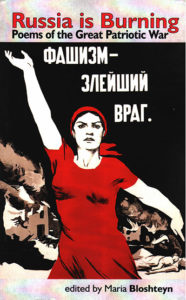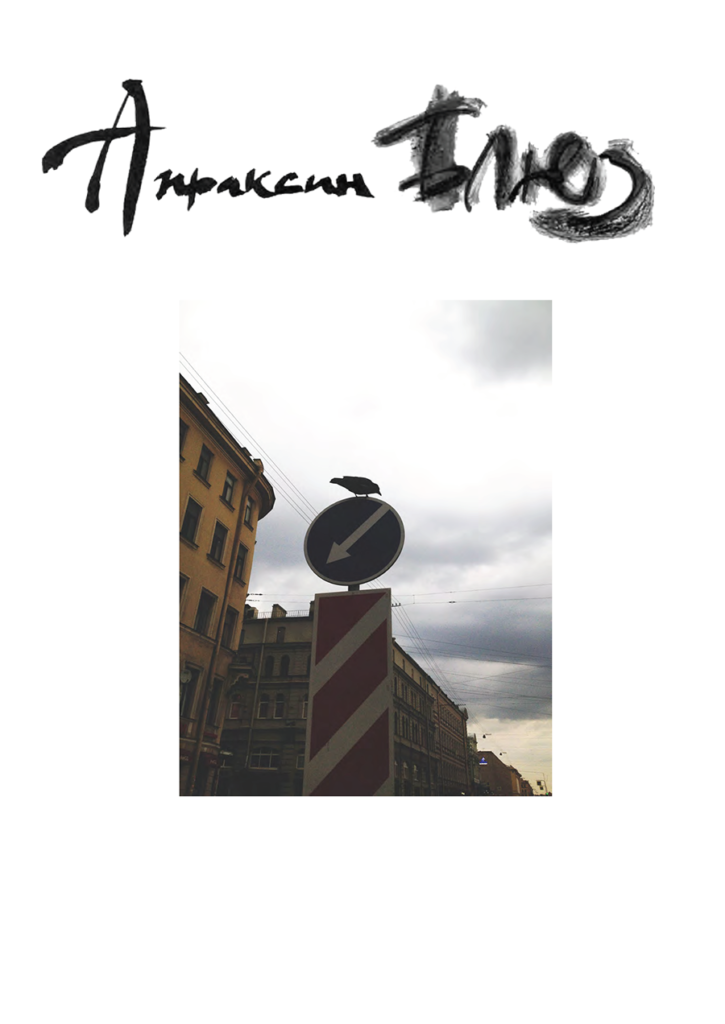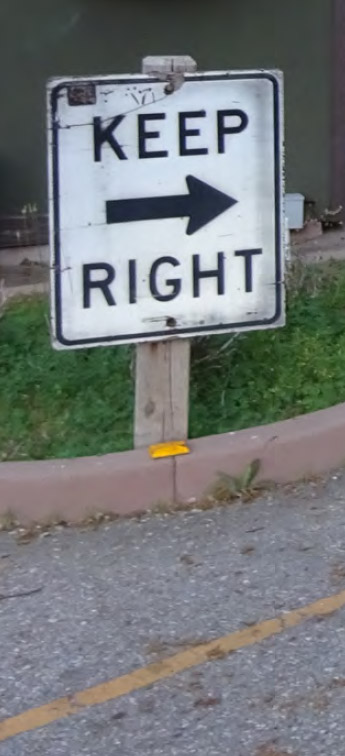(English translation of a May 17 lecture for the International Association of Historical Psychology conference “Societal Atmosphere on the Eve of the Wars of the 19th and 20th Centuries: Historical and Psychological Aspects”)
— James Manteith (Apraksin Blues, Mundus Artium Press)
It’s good to think about people who not only have foreseen wars but who also have sought to prevent them. One such peacemaker was Scottish gentleman, politician and philanthropist Robert Monteith.
Monteith, one of my distant relations, was born during the Napoleonic Wars and matured against the backdrop of the Victorian era. As a translator and specialist in Russian culture, I share his interest in diplomacy and mediation. It’s hard to be indifferent to such matters.
In Monteith’s era, as in our time, world powers constantly competed and viewed each other with suspicion, circumstances often expressed in hostilities. Recognizing endless unjust wars as unavoidable given the current order of things, Monteith looked for fulcrums to stop such wars — if possible, any wars.
Like Leo Tolstoy, Monteith considered military violence a sin, permissible only under certain conditions.
What was Monteith’s path? First, he sought guidelines for an objective, independent material and spiritual assessment of war. This demanded that he do what we all must do: step outside the narrow, unsustainable and often generally accepted frameworks of the society around us.
In Monteith’s case, this process of personal moral development received significant further impetus when he studied at Cambridge and engaged with the semi-secret intellectual circle of the Cambridge Apostles. The same circle included his lifelong friend, the poet Tennyson.
Then Monteith became a Catholic, which meant breaking with a de facto state religious denomination — the relatively young Anglican Church, which naturally reflected the policy of the British Empire. Eventually Monteith became a papal nobleman and the commander of the Knights Hospitaller of Malta. Historian Bernard Aspinwall calls Monteith the “most influential and significant Scottish Catholic layman of the 19th century.”
As a Catholic anti-imperialist, Monteith criticized the social and military policies of England and other powers and built coalitions for the cause of peace and justice. He articulates his views in his Discourse on the Shedding of Blood and the Laws of War. The treatise, which he began to circulate shortly before the end of his life, was officially published after his death midway through the 19th century’s penultimate decade.
Monteith was a man of action and thought. His sole treatise reflects many decades of peace-oriented activity and studies. One feels how much philosophical and theological erudition meant for persuasiveness in his era, in his environment, and for Monteith himself. The specific conflicts Monteith examines also remain enduringly relevant. He condemns, for example, the Anglo-Afghan wars of the “Great Game” of the era’s empires. And we know this game continues to this day.
Monteith supported certain typical, contestably contentious assertions regarding the Russia of that time. Yet he did not view such contentiousness as giving England a license to act despicably.
Monteith was willing to venture that people participate in unjust wars because of ignorance of the so-called “Law of Nations.” This meant international law based on respect for the human person and for the sovereignty of individual states. Monteith believed this law should be taught to everyone, that it should have real weight, that diplomacy should be cultivated, and that neutral domestic and international councils were needed to resolve issues of war and peace.
He saw the Vatican as a potential source of universal moral authority for the re-proclamation of the Law of Nations. To this end, he participated in negotiations both with the Pope and with many ecclesiastical, political and intellectual figures who had to consider the complex contexts of their own states, not always interested in responsibility accountability from the perspective of international law.
The Law of Nations was to receive a coordinated mutual proclamation at the international First Vatican Council in the early 70s of the 19th century. But time ran out: the Franco-Prussian war began, the Council collapsed, and the Vatican itself was once again severely curtailed.
Yet Monteith finished his treatise. The ideas he supported survived in committed circles. The Vatican has continued to support international diplomacy and mediation in parallel to similar aspirations on the part of certain countries and the world community, despite the incitement of numerous new wars over the decades since then.
Modern conflict studies also agree with Monteith’s position.
At the same time, Monteith’s treatise is wonderful both as a historical monument and as a record of an enlightened human being. Without solid enlightenment, there is no sustainable culture; without sustainable culture, illegal, unethical wars are inevitable.

